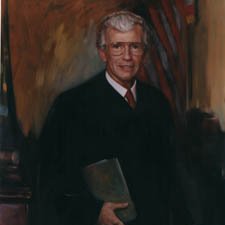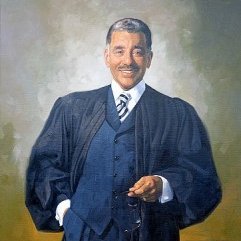And we’ll show you two ways to help. Together, we can be a voice for change and protect Michigan’s land, air, water, public health, and democracy.
While the unanimous ruling in this case did not award compensation to a plaintiff who had suffered economic damage as a result of the noise and air pollution caused by a new nearby highway, the Court pointed out that, under existing law, it would be up to the legislature to enact new law to address this particular type of harm.
Property owners sought compensation under the Michigan Constitution after the state built a service road for a major highway next to their property. They contended that air and noise pollution from the road had significantly diminished the value of their property. The Michigan Supreme Court disagreed, and held that this was not an unconstitutional “taking” because the property owners had not alleged any special or unique injuries that distinguished their situation from others who live near public highways.
Ronald and Peggy Spiek bought residential property on Eleven Mile Road in the City of Warren in 1961. In 1976, the city opened a service drive abutting their property, and in 1979, the state opened up a section of interstate I-696 running parallel to the service drive.
The Spieks filed suit against the Michigan Department of Transportation (DOT), claiming that the DOT’s actions in locating the service drive adjacent to their property had “so interfered with [their] quiet use and enjoyment of the property as to render it worthless, and to constitute a taking of property for public purpose without just compensation” as required by the Michigan Constitution. They particularly objected to the levels of noise, vibrations, pollution, and dirt resulting from the service drive.
Did the Department of Transportation’s decision to build a service road next to the Spieks’ residential property constitute a taking because it produced air and noise pollution that decreased the property’s value?
The Court (Justices Boyle, joined by Justices Mallett, Weaver, Brickley, Kelly, Cavanagh, and Taylor) held that this was not a taking, because the Spieks had not alleged a unique or special injury. Rather, they had complained of the same type of incidental harm experienced by all people who live near public highways. Widely shared harms of this nature do not create takings for which the state must compensate the property owner.
The Court noted that where harm is shared by many members of the public, the legislature and regulatory agencies are best suited to remedy the problem. The judicial remedy—awarding compensation for a taking under the Michigan Constitution—is only appropriate when the harm suffered is peculiar or unique, and therefore less likely to be remedied through broader legislative or regulatory action.







